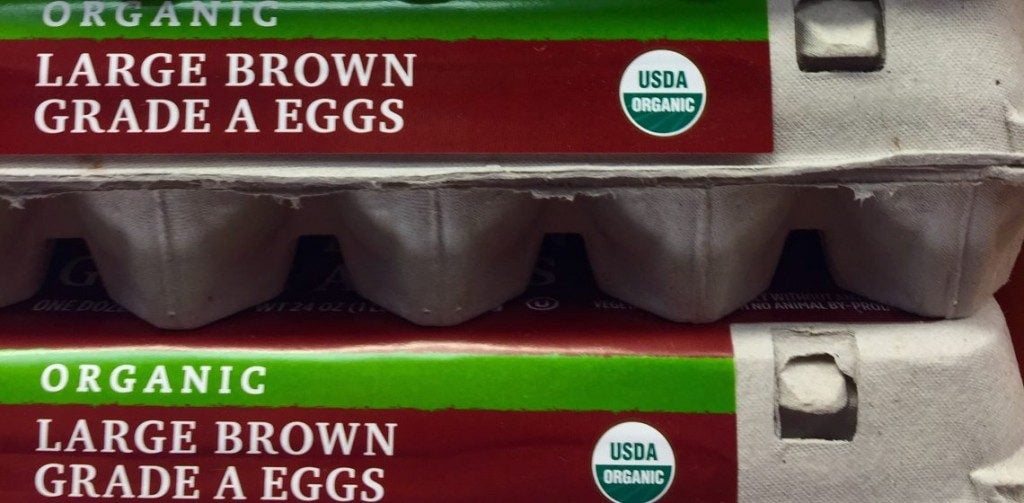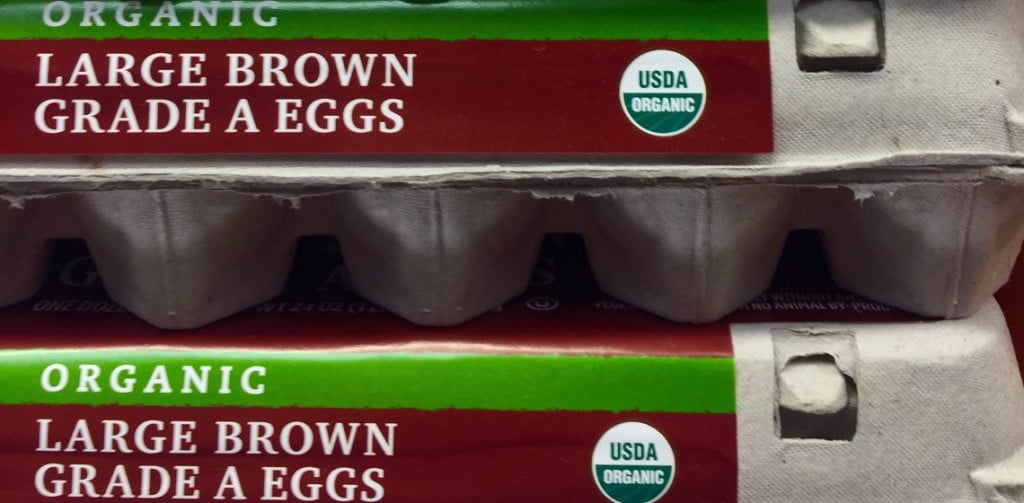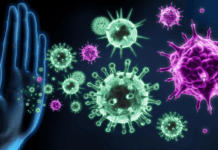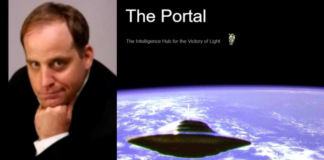
When you look at labels, do you pay more attention to non-GMO labels, or USDA Organic labels? It is important to remember that the two are not the same.
Megan Westgate, the Executive Director of the Non-GMO Project thinks that their labeling has given them a significant rise in sales since 2010. Currently, the project has risen to about $16 billion in annual sales of products, when just two years ago, they were only at $7 billion.
While organic food sales are growing, it certainly is not as significant. Some organic food companies are beginning to launch their own Non-GMO Projects to get their products tested for GMOs. The official USDA rules for organic companies prohibit the use of genetic engineering, but do not require them to test their ingredients for the presence of GMOs.
Yet, the non-GMO label might seem misleading to many. Some organic food companies are beginning to voice their concerns about non-GMO labels and what they represent. They are worried that shoppers are becoming more fixated on non-GMO labeling, that they are forgetting about the importance of organically produced food.
Just because there is a non-GMO symbol on a carton of eggs or on produce, does not mean these products were not produced with pesticides, antibiotics, and regard to animal welfare. Although non-GMO foods are great, it is important to remember the many ways chemicals can enter our bodies through food.
For example, non-GMO soybeans are usually sprayed with cheaper weedkillers such as glyphosate, instead of a more expensive, organic alternative. Yet organic soybeans are almost always also non-GMO. Yet no chemicals are used to control their weeds.
Yet, many farmers do not want to put in the extra money and effort to grow their crops this way and because of it, there is a shortage of organic soybeans and corn, which are needed to feed organic animals. This, in turn, has driven the price of organic crops through the roof.
The USDA organic rules cover everything from food additives to animal welfare to soil fertility, while non-GMO labeled products only have one rule: no GMOs.
Next time you go to the store, look at the labels of the food you choose to eat. Check their prices. Chances are, you will probably see that organic food is more expensive than its non-GMO counterpart, but at what cost to your own health?
While GMOs are dangerous, mysterious, and scary, pesticides are just as much of a nightmare. Choosing food that is non-GMO and organic is always the way to go.
Ariana Marisol is a contributing staff writer for REALfarmacy.com. She is an avid nature enthusiast, gardener, photographer, writer, hiker, dreamer, and lover of all things sustainable, wild, and free. Ariana strives to bring people closer to their true source, Mother Nature. She graduated The Evergreen State College with an undergraduate degree focusing on Sustainable Design and Environmental Science. Follow her adventures on Instagram.
Photo Credit: USDA/flickr
This Article First Appeared On: http://www.naturalblaze.com/
Disclaimer: We at Prepare for Change (PFC) bring you information that is not offered by the mainstream news, and therefore may seem controversial. The opinions, views, statements, and/or information we present are not necessarily promoted, endorsed, espoused, or agreed to by Prepare for Change, its leadership Council, members, those who work with PFC, or those who read its content. However, they are hopefully provocative. Please use discernment! Use logical thinking, your own intuition and your own connection with Source, Spirit and Natural Laws to help you determine what is true and what is not. By sharing information and seeding dialogue, it is our goal to raise consciousness and awareness of higher truths to free us from enslavement of the matrix in this material realm.
 EN
EN FR
FR



























Thank you for this article. I have had questions, and gotten contradictory answers. You answered it to suit me. Some companies are ethical, and some are not.
I assume there’s more to it than ignorance or neglect, Steven Graham. I think this testing for GMO is a way to receive the certificate, to label the products as such and benefit from the rise in sale that way.
The situation for farmers is sometimes desperately sad and suicide is very common nowadays, at least that I know of in Holland and the UK. Many sons of farmers leave home and choose a city life,
Living as a farmer small size, or for small holders in general, nowadays, is unsure and often hard work. The milk crisis continues in the UK, farmers don’t receive proper prices for their animals and the produce of their meat and milk. I’ve been at auctions of cattle and spoke to these livestock farmers, with hands like spades. They’re the ones using their brain and they feel very frustrated and bitter.
The regulations are so immense and the administration so time-consuming, that farmers don’t want to be bothered with organic certification often. They sell their products on the market-stalls or at the farm and by being in touch with the customers they earn their reputation as a reliable organic farmer. I’ve worked a lot on organic farms and I’m an organic cook and food-nutritionist.
The complicated administration for farmers, who by nature are supposed to pay attention to their crops and animals, working with their hands, is the reason why we see gigantic farms on the rise nowadays, with livestock of cows and pigs or chickens, In Holland, the meadows are left emtpy more often, due to a disbalance in the amount of square meters grassland and the number of cows, allowed per square meter. It’s ridiculous, if it wasn’t so sad, really.
The cows live in the barn and are fed by the hay coming off the meadows. No fresh grass or exposure to the elements, no moving around almost. Hence the increase of ailments, also by stuffing them with hormones to enlarge the udders, causing suffering and infection. Antibiotics should reduce this inflammation. If there’s one product that you’d better buy organic it’s milk and all dairy products.
My ancestors are Frysian farmers and fishermen (with a bit of piracy too I believe ;). I can feel it in my blood, my ancestry. It’s a crime, a shame, how the Dutch and British governments treat their farmers and encourage mass-production, like growing vegetables in 24 hrs-lit energy consuming greenhouses fully controlled by computers, in Holland. There’s no proper dark night in that country, almost.
After the Greek drama of August 2015, the Greek population has decided to dissolve most of the retail business. Farmers and producers of all kinds of products drive to crossroads with their trucks. Villagers arrive with their cars, buying directly from the producer. A simple solution and a win-win situation.
The name of the first group organising this form of trade is “the potato-revolution”.
The leader of this group says “We don’t want to create our dreams at the costs of others”
That remark sums up what the European Union is truly about…..at the costs of others.
Now I have to walk it off and run with the wolves… uhh.. the dog. This subject sparks my fire of fighting injustice so much! Not that I’m bothered by it, I’d rather attend the glowing embers with care! Ha ha….
Thank you for such an insightful and sad commentary on the state of farmers worldwide. It’s so sad, almost as if big governments are actively trying to put all farmers out of business. Very sad.
There’s an agenda being put in practice, Steven Graham. It’s called Agenda 21, you’ll find it in the UN website as a PDF document. In all this manipulation and unbalance, the growth of interest in pure clean food and soil is rising fast now. Many people begin to long for honesty and truth.
I expect to see a complete turn around of grasping what a natural way of living means, gradually. The realisation of this connection with life, from the roots up and the awareness of physical health for oneself and all living beings, seems to arrive in a descending manner, not from the bottom up, but rather sinking in, first mentally (Let’s eat out and go to The Corny Corner, it seems everybody goes there) than emotionally (“Oh daddy, can I have the Chiuwawa doggy? It fits nicely in my bag!”) and finally arriving in the gut, with our hands in the dirt. (“Let’s plant some shit”)
When all three levels are joining in the creation of a life on planet Earth, we’ll begin to tend the garden of Eden again, on planet Earth or elsewhere in the Universe. The Garden of Eden is the place of origin, for starseed/human beings, in the beginning of all time, as I perceive it.
Many of us, humanoids/starseeds may have come from other Gardens of Eden in existence, elsewhere, remembering the values and practices and therefore able to show the ropes to the awakening Earth-dwellers.
Really Ariana?? Some organic food companies are beginning to launch their own Non-GMO Projects to get their products tested for GMOs? What? They don’t know if the food they grow contains GMO’s or not? How can that be? In any case, if a product is organic AND non-GMO certified, then I will of course prefer it and buy it. If organic does NOT say it’s non-GMO, I won’t buy it. Why? Because either the company has no idea as to the quality of the food they grow (whether or not it’s got GMO’s)… OR they don’t think labeling it as non-GMO is important.